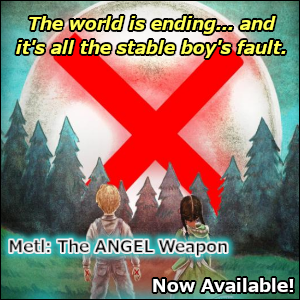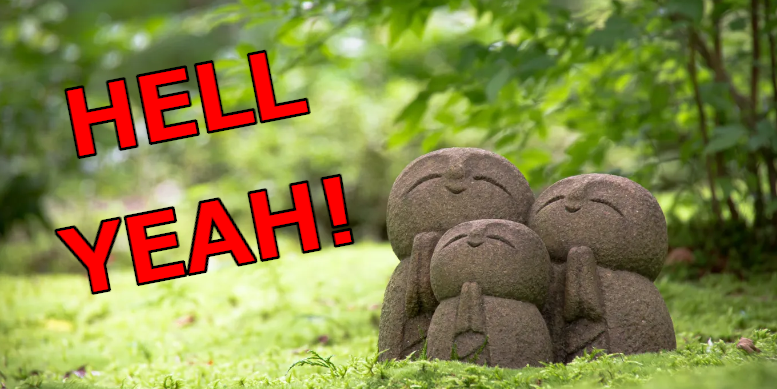What makes a good poem?
Let’s read some of the best English poems and discuss together, then try writing some of our own about whatever YOU suggest/vote for!
During the last stream, a subscriber requested that we go over how to write poetry then write some together.
Let’s Write Some POEMS
- Prose is the type of literature that focuses on conveying information, stories, characters, etc. and isn’t as concerned with the beauty of the text/language itself (like short stories, novels, etc.)
- Poetry, however, is the type of literature that focuses on the beauty of the text/language itself, and isn’t as concerned with information, stories, characters, etc.
- So how do you write poetry? It’s not easy
- Writing good poetry is just as hard, if not harder, than writing good prose, since you have to not only be aware of what you’re conveying, but how you’re conveying it too
- Let’s go over three ingredients to good poetry, then practice writing some ourselves!
#1 Ingredient: Rhyme/Rhythm
- Rhyme is a powerful stylistic device in poetry: lines that rhyme feel linked together, and lines that don’t feel separate
- You can use this to your advantage, having lines that rhyme as the baseline for your poem, and lines that don’t rhyme as a certain kind of emphasis
For example, look at the lines in this poem that do/don’t rhyme here and note how they give a sense of progression throughout:
https://www.poetryfoundation.org/poems/47652/because-i-could-not-stop-for-death-479
- Rhythm is also a natural part of poetry: typically in English we create rhythm through stress beats in line, regardless of how many syllables there are.
- For example:
- Once upon a midnight dreary > 8 syllables, 4 stress beats
- It was upon a midnight dreary > 9 syllables, 4 stress beats
- So upon midnight’s dreary I did see > 10 syllables, 4 stress beats
- Similar to rhyme, you can pick a baseline rhythm for your poem, and have lines that don’t fit that rhythm for emphasis
For example, look at the rhythm/non-rhythm lines here and how the contrast makes them sharper/stand out:
https://www.poetryfoundation.org/poems/44203/we-wear-the-mask
#2 Ingredient: Imagery
- Good poems aren’t just about having rhythms and rhymes
- One of the ingredients that sets great poetry apart from okay poetry is the power of their imagery
- Imagery is the language that you use to describe how something looks, feels, tastes, smells, etc.
- When writing prose, you’re often limited in the scope of your description by the narrator/protagonist, since you have to write everything in their voice
- But in poetry you have no such limitations
For example, look at the imagery used to describe dreams in this poem, especially the verbs used:
https://www.poetryfoundation.org/poems/46548/harlem
Here, look at the imagery in nearly every line to evoke all the senses and all the emotions, and remember you don’t have to use fancy words for great imagery:
http://famouspoetsandpoems.com/poets/shel_silverstein/poems/14836
Here, the imagery in the 2nd stanza is extremely intense and powerful, gripping at the gut/heart of the reader:
https://www.poetryfoundation.org/poems/53918/power-56d233adafeb3
#3 Ingredient: Abstractness
- Finally, one of the greatest strengths of poetry is that you don’t have to adhere to having a main character, a coherent narrative, or even the same suspension of disbelief that most prose does
- Instead, you’re free to explore the full possibilities and weirdness of language itself!
- While it might be annoying to read an entire novel that is abstract and weird, since poetry is typically short, readers tend to enjoy it
For example, one of the most popular poems by Lewis Carrol is the Jabberwocky, which specifically doesn’t make any sense:
https://www.poetryfoundation.org/poems/42916/jabberwocky
Of course abstraction can be very serious, like it is in this poem by Allen Ginsberg of the 1950s “beat generation,” that specifically valued non-conformity and spontaneity:
https://www.poetryfoundation.org/poems/49303/howl
This poem from Emily Dickenson is an abstract poem that talks about abstract poetry and how you should tell the truth but “tell it slant”:
https://www.poetryfoundation.org/poems/56824/tell-all-the-truth-but-tell-it-slant-1263
After that, chat voted that we write some poems about “the importance of stories in society.”
Here’s what we came up with:
Nothing but ink blots on a page
Scrawled into imaginary meaning.
Tortured trees, shaven and cut,
Echoes of their screaming.Lies of rainbow-tainted finger paints
Smeared with uncountable insanities,
Worlds vomited by those who can’t stomach real life,
Brewed by wannabe Chef Boyardees!And yet
I eat them up.
Next, we wrote poems about “the struggles of streaming.”
Here’s what we came up with:
Putting on my Twitching face
And streaming to the void
“Hey everyone!” I say to 0 viewers
That my eyes try to avoid.Every rusty minute
Painfully scrapes by.
I just want to make partner
And see my view count fly.Hours of cardboard joy
Bending under empty sky,
Talking to a camera
With only one hateful eye.But then the 0 turns to 1,
And in my chair, I straighten.
I say hello, all casual,
Trying to hide elation.This could be my moment,
My savior from painful regiments!
Then they type something in the chat:
“You should download Raid Shadow Legends.”
If you want to join us and help write a story by trolling in chat, or share your own writing for feedback, then we’d love to have you join us on Twitch.
And you missed the stream, you can still watch them on the YouTube channel or watch the full stream reruns.
Hope to see you next time, friend!
 Top image: Pakutaso
Top image: Pakutaso
